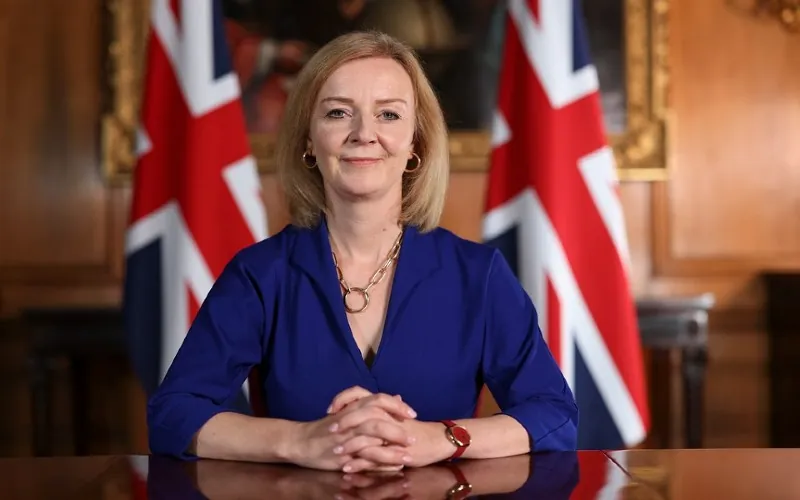Liz Truss has resigned after just 44 days as Prime Minister – and SMEs seem to have little faith in the government.
Even Brian Clough’s infamous reign as Leeds United boss lasted longer than Truss. The Conservative MP for South West Norfolk has fallen on the sword of Kwasi Kwarteng’s disastrous mini-Budget.
That tax-cutting ‘growth plan’ caused chaos in the markets and forced the Bank of England to step in on numerous occasions before former Health Secretary Jeremy Hunt was installed as Chancellor in Kwarteng’s stead. Hunt has since reversed almost every tax measure in the discredited plan.
For years now, the UK’s SME community has cried out for certainty. Brexit delays left businesses unsure of the impact on imports and exports, as well as the labour market; mismanagement around COVID-19 saw regional lockdowns close some businesses while others were able to resume service; and the government subsequently seemed more concerned with keeping a discredited Boris Johnson in office than providing much-needed stability for the country.
When Johnson finally stepped down, an eight-week leadership contest where candidates made promises and rowed back from them on a seemingly daily basis did not bode well for a political party already heavily tainted by dishonesty over party-gate among many scandals.

So what now? A return for Johnson, as reported by BBC News? A General Election, as Labour are understandably calling for?
Whatever is written in the next chapter of this horror story, the underlying fears of our under-pressure entrepreneurs are unlikely to be set at ease just yet.
“At a time when business costs are continuing to rise and the economic outlook is far from promising, UK SMEs are calling out for more support,” says Chirag Shah, CEO and founder of Nucleus Commercial Finance.
“Indeed, with Jeremy Hunt indicating the energy bill relief scheme may be reworked, with the Treasury set to review to develop a more targeted system for consumers and businesses from April 2023 – running costs continue to pose a real threat for businesses.
“With so many harbouring significant growth ambitions over the next three years, there is a big gap to close to ensure SME owners can actually achieve these objectives.”
His company’s research – conducted prior to Truss’s resignation – found that more than half of UK SMEs are struggling to execute growth strategies in the present tough climate. A similar number believe the government’s recently announced reforms will have zero or a negative impact on their business.
Inevitable and correct decision by #LizTruss.
The @Conservatives must stop squabbling amongst themselves and put the interests of the country first.
The constant off-the-record briefings are unedifying.
P.S: @BorisJohnson must not be suggested as the next leader
— ChrisMaguire (@editor_Maguire) October 20, 2022
The ability to access finance is set to become far more challenging in the foreseeable future, putting many small businesses at risk. The rise in Corporation Tax will also hit those companies hard.
Should Hunt reduce VAT, or offer COVID-style interest-free loans to struggling firms? There is support for that – but very little for the loosening of workers’ rights and protections, a key focus of the government in recent months as the country faces up to months and perhaps years of strike action.
I, for one, am sick of empty promises which fade from view once the latest drama hits Downing Street. The people running businesses which put food on our tables deserve political leaders who will make a well-informed decision and have the credibility to stick to it.
Only then will SMEs and their employees have the ballast to help them ride out the coming storm.
